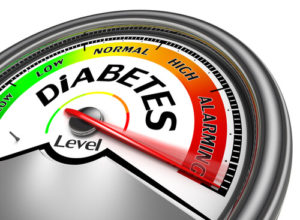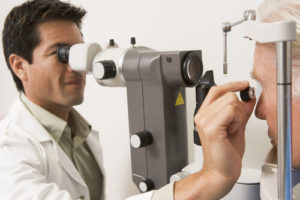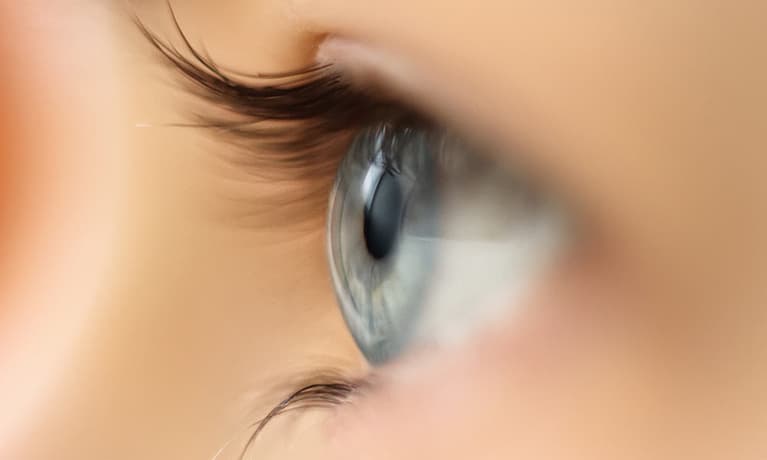 Going to the eye doctor means more than just an update in eyeglass prescription. Many systemic diseases can affect the eyes, such as diabetes, hypertension, high cholesterol, and multiple sclerosis, to name a few. If these conditions are not under good control, your eye doctor can often see evidence of them during a dilated eye exam.
Going to the eye doctor means more than just an update in eyeglass prescription. Many systemic diseases can affect the eyes, such as diabetes, hypertension, high cholesterol, and multiple sclerosis, to name a few. If these conditions are not under good control, your eye doctor can often see evidence of them during a dilated eye exam.
Diabetes and hypertension (high blood pressure) can present themselves by affecting your vision or by silently and painlessly changing the blood vessels in the back of the eye. When hypertension is uncontrolled, blood vessels in the eye become narrowed and can even leak blood and fluid into the surrounding tissue, causing damage. The best way to prevent this is to keep your blood pressure controlled through diet, exercise, and medications if prescribed.

Over time, uncontrolled diabetes can cause blood vessels to become weak or ineffective, leading to progressive damage to the retina (the delicate, light-sensing tissue in the back of the eye). Once you have been diagnosed with diabetes, your primary care physician will recommend annual eye exams to watch for early signs of diabetic retinopathy. Timely treatment can minimize the damage and reduce the risk of permanent vision loss.
Elevated cholesterol levels can result in a buildup of plaque in the arteries and increases the risk of heart attack and stroke. Plaques that break off from the wall of a larger artery travel through the bloodstream and get caught in a smaller artery, blocking the blood flow and causing a stroke. This can occur in the eye, resulting in vision loss. People who suffer a stroke in the eye need to be evaluated as soon as possible by their internist to assess their risk of additional stroke and heart attack.
MS (multiple sclerosis) can be more subtle in its presentation. One of our first clues that something is wrong is an abnormal pupil response. This tells us something may be wrong with the optic nerve. An inflamed optic nerve can be a sign of MS and requires further testing.

Moral of the story — getting your annual eye exam is not just good for your eyes. Preventive care can be the best care!!
Written by Paula W., Milwaukee Eye Care’ Ophthalmic Technician and Surgical Coordinator for Dr. Edmonds










